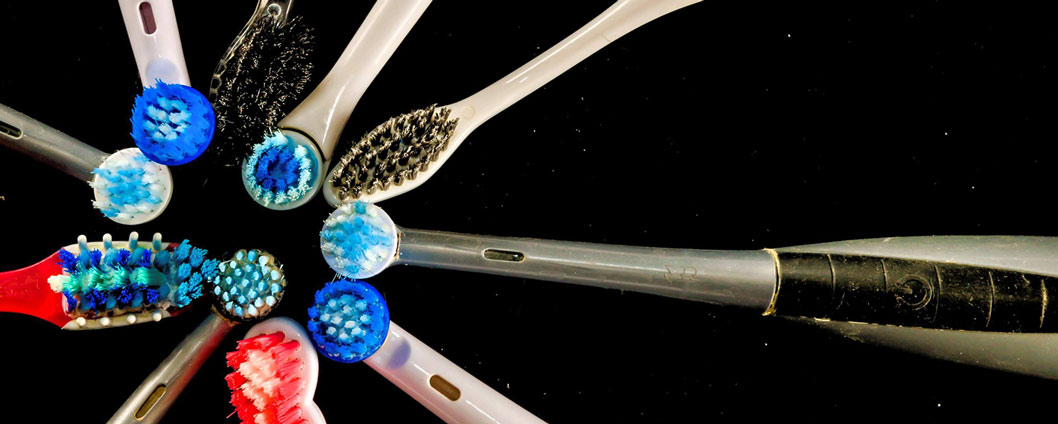Are Electric Toothbrushes Worth the Hype?
Electric toothbrushes have become increasingly popular, promising a superior clean compared to manual brushing. But are they truly worth the investment? As a dental hygienist, I’ve seen firsthand the benefits (and drawbacks) of electric toothbrushes. This blog post will delve into the world of electric toothbrushes, reviewing different models, exploring their advantages, and helping you decide if one is right for you.
How Electric Toothbrushes Work:
Unlike manual toothbrushes, electric toothbrushes use a motor to generate movement of the brush head. This movement can be oscillating (rotating back and forth), vibrating, or sonic (high-frequency vibrations). These movements help to remove plaque and bacteria more effectively than manual brushing, especially when combined with proper technique.
Benefits of Electric Toothbrushes:
- Improved Plaque Removal: Studies have shown that electric toothbrushes, particularly oscillating models, can remove more plaque and reduce gingivitis (gum inflammation) compared to manual toothbrushes.
- Consistent Cleaning: Electric toothbrushes provide consistent brushing power, regardless of how much pressure you apply. This can be especially helpful for individuals who tend to brush too hard, which can damage gums and enamel.
- Built-in Timers: Many electric toothbrushes have built-in timers that ensure you brush for the recommended two minutes. Some even have quadrant pacing, which guides you to spend equal time on each section of your mouth.
- Easier for People with Mobility Issues: Electric toothbrushes can be easier to use for individuals with arthritis, carpal tunnel syndrome, or other conditions that limit dexterity.
- Fun and Engaging: For some people, especially children, electric toothbrushes can make brushing more enjoyable and encourage better oral hygiene habits.
Different Types of Electric Toothbrushes:
- Oscillating/Rotating: These toothbrushes have a round brush head that rotates back and forth. They are often considered the most effective type for plaque removal.
- Vibrating: These toothbrushes vibrate at a high frequency, which helps to loosen plaque and stimulate gums.
- Sonic: These toothbrushes use extremely high-frequency vibrations to create sonic waves that disrupt plaque and bacteria.
Choosing the Right Electric Toothbrush:
When selecting an electric toothbrush, consider the following factors:
- Type of Movement: Oscillating/rotating toothbrushes are generally recommended for their superior cleaning power.
- Brush Head Size: Choose a brush head that fits comfortably in your mouth and can reach all areas.
- Features: Consider features like a built-in timer, pressure sensor, and quadrant pacing.
- Battery Life: Think about how long the toothbrush will last on a single charge.
- Price: Electric toothbrushes range in price from affordable to quite expensive. Determine your budget before you start shopping.
Electric Toothbrush Models (Examples – check current reviews for up-to-date recommendations):
- Oral-B iO Series: Known for its oscillating-rotating technology and smart features.
- Philips Sonicare DiamondClean: Popular for its sonic vibrations and sleek design.
- Oral-B Pro Series: A more affordable option with oscillating-rotating technology.
- Philips Sonicare Series: Offers various models with different features and price points.
Are Electric Toothbrushes Right for You?
Electric toothbrushes can be a valuable tool for improving oral hygiene, but they are not a magic bullet. Proper brushing technique is still essential, even with an electric toothbrush. If you are unsure if an electric toothbrush is right for you, consult with your dental hygienist. They can assess your individual needs and recommend the best option for you.
Key Takeaways:
- Electric toothbrushes, especially oscillating/rotating models, can be more effective at removing plaque and reducing gingivitis than manual toothbrushes.
- Consider features like a built-in timer, pressure sensor, and quadrant pacing.
- Proper brushing technique is still essential, even with an electric toothbrush.
- Consult with your dental hygienist for personalized recommendations.
Ultimately, the best toothbrush is the one you will use consistently and correctly. Whether it’s electric or manual, consistent brushing and flossing are the cornerstones of good oral hygiene.



